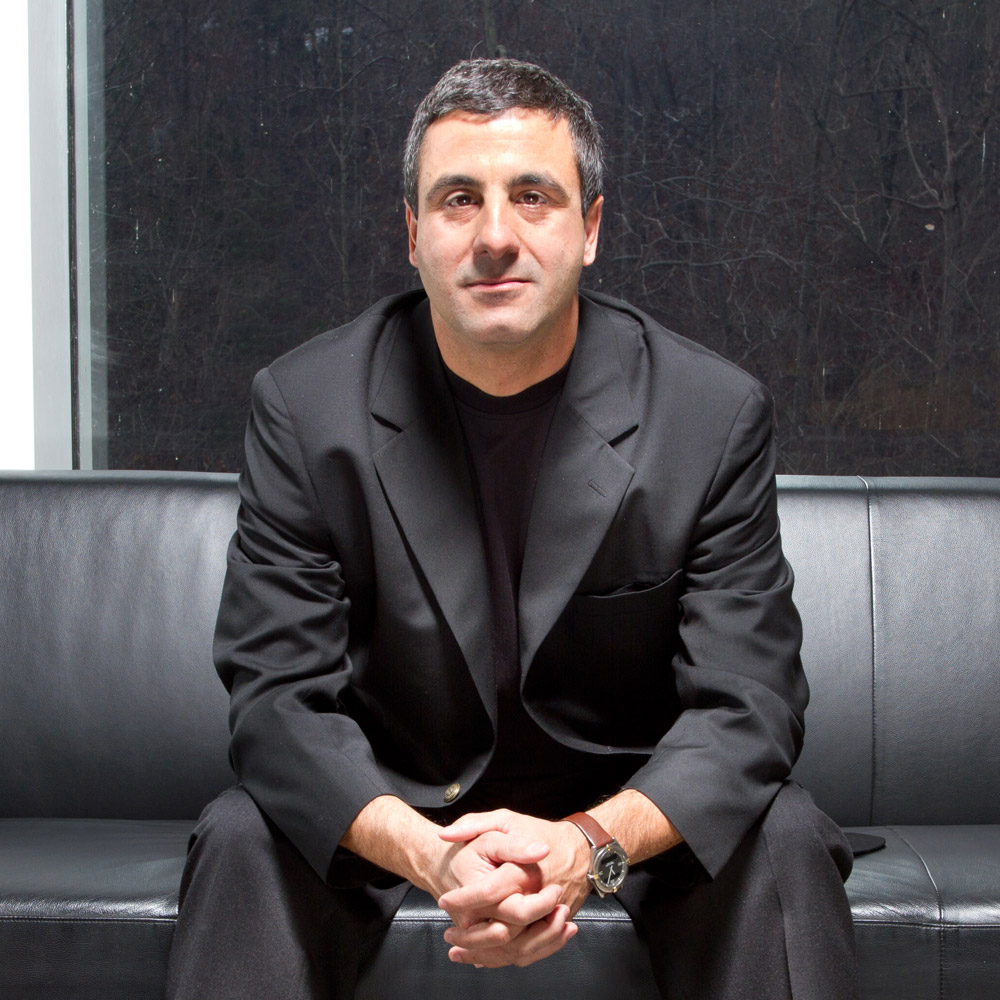
Marco Buongiorno Nardelli’s (b. Rome, Italy, Nov. 21, 1964) broad musical interests span from the baroque repertoire to jazz, contemporary, and electronic music. Educated as both a musician and a physicist (Ph.D., Condensed Matter Theory, 1993), he holds a B.M. in Music Theory and Composition from the Conservatorio “Luigi Cherubini” in Florence, Italy, studied flute with Oro and Gian-Luca Petrucci in Rome and Brooks deWetter-Smith at UNC-Chapel Hill and sung in the choir of the Accademia Filarmonica Romana with M. Pablo Colino, who introduced him to music at a very early age. He has studied composition with Riccardo Giagni (Rome), Lyda di Cuffa (Florence), Alan Shockley (RI College) and Allen Anderson (UNC-Chapel Hill).
As a performer he has recorded for the Italian National Radio and Television (RAI) and has re-leased various CD’s with the world music group Kolaj, the Arabic-jazz-fusion ensemble Jaafar, and he is one of the founders of Ecco La Musica ensemble. He has played in the Raleigh Civic Symphony and Chamber Orchestra and is a member of ASCAP, the Center for the Promotion of Contemporary Composers, the American Music Center and Chicago’s Accessible Contemporary Music.
His music has been premiered, among others, by the New York Miniaturist Ensemble, London’s C.O.M.A. group, the Accessible Contemporary Music ensemble of Chicago, the Raleigh Civic Chamber Orchestra, ACM and the Volta Trio. Of his flute and electronics works Canto notturno and Ossi di Seppia, North Carolina critic Karen Moorman said, “…Incorporating a range of com-positional tools and performance techniques, his sensual pieces were enchanting…A ‘Renaissance man’ in his own right, composer and theoretical physicist, Nardelli demonstrates a rich distinctive style”. His electronic composition Bamboo’s Ghost has been called by La Salle University composer Susan McDonald “…evocative…quite mysterious and touching…” Of the premiere of Finzione di Interludio for chamber orchestra, critic John W. Lambert wrote, “This was much more than a reading – the music was clearly well-served, and it made a very favorable im-pression on the audience.” Of the same piece, conductor Randolph Foy said, “It is a relatively small work, infused with surrealistic humor and intentional banality. ‘Finzione’ is skillfully con-structed, employing a fluid mix of traditional and progressive techniques that make a strange sense in context.” Among his awards, the composition Tzolk’in for three marimbas has received a honorable mention at the Second Annual Louisiana State University Percussion Society’s Per-cussion Ensemble Composition Contest in 2009 and it is the winner of the 2010 Volta Trio Com-position Competition.
